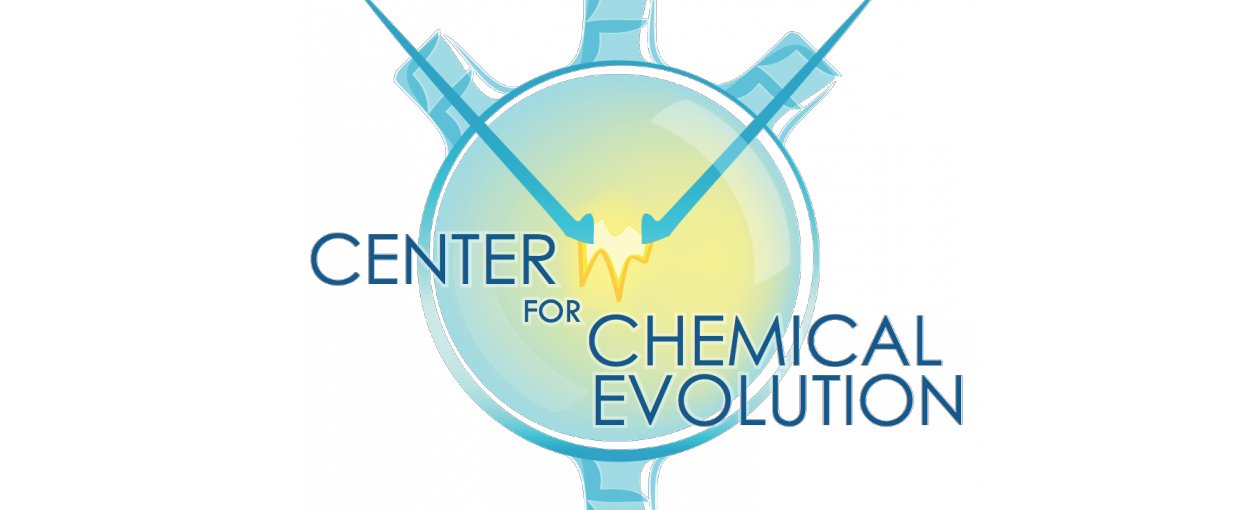
Scientists have reported a technique for mass spectrometry that uses simpler, more rugged instrumentation than previous techniques. The technique couples a sliding freestanding (SF) triboelectric nanogenerators (TENG) with a toothpick electrospray setup. Mass spectrometry requires a charge to produce gas-phase ions from a sample for analysis. By using a TENG, this charge can be made without high-voltage electrical circuitry, thereby reducing the cost and simplifying the required equipment for next‐generation mass spectrometry instruments.
The team tested the method by using it to identify low-quality, falsified antimalarial medicines. Such ‘medicines’ are a danger to patients around the world, and the technique used in the study could be a step toward lowering the cost and difficulty of testing medicines in the field.
The study, “Triboelectric Nanogenerator (TENG) Mass Spectrometry of Falsified Antimalarials,” was published in the journal Rapid Communications in Mass Spectrometry. The work was performed at the NSF/NASA Center for Chemical Evolution (CCE) at the Georgia Institute of Technology in Atlanta, Georgia. The CCE is a collaborative program supported by the National Science Foundation (NSF) and the NASA Astrobiology Program.
